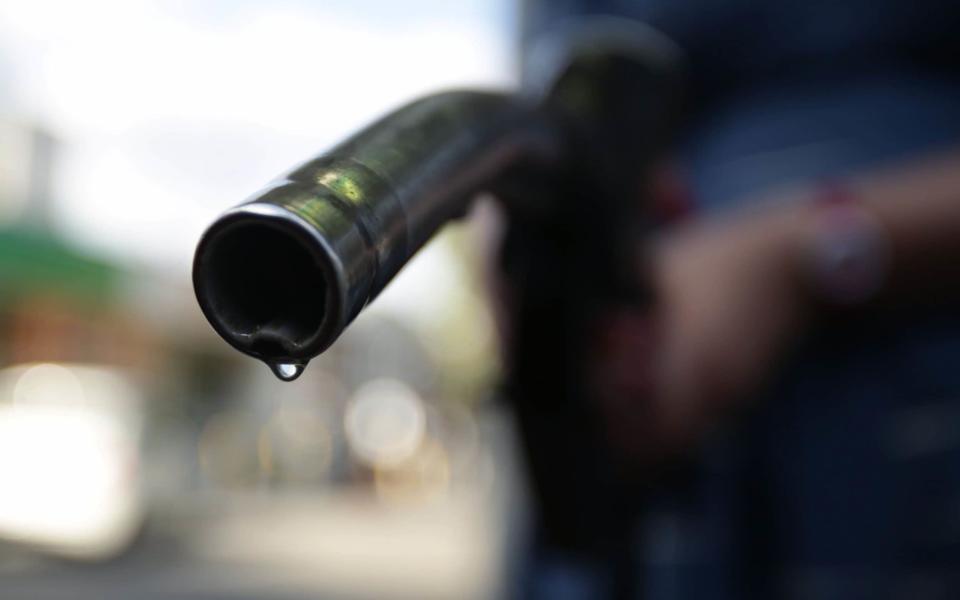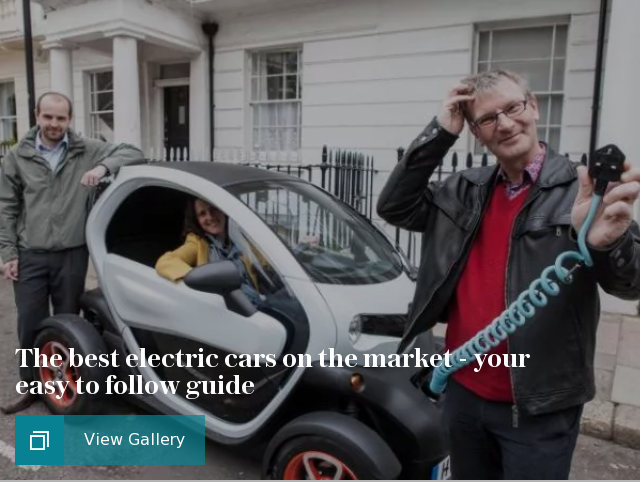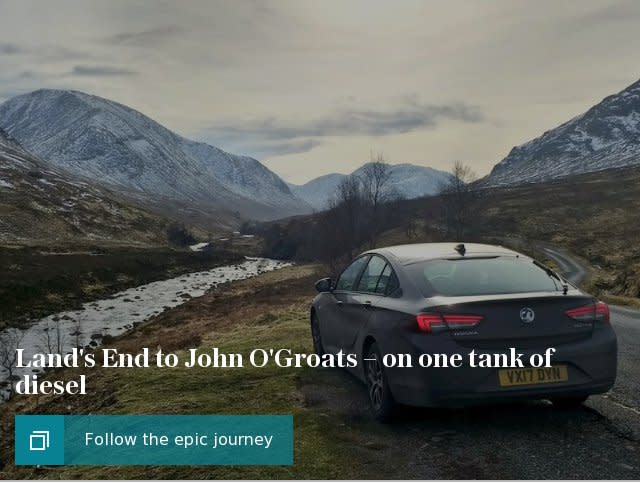'Dirty diesels' – your easy guide to the new clean air strategy

The government has announced a wide-reaching set of initiatives designed to control pollution generated by cars in Britain. Some of the plans affect everyone who drives or owns a car, while others only affect drivers of diesel vehicles, or people who drive in very specific areas.
In previous years and under previous governments, pollution regulation has focused on CO2, or carbon dioxide. While this is something that humans and animals create when they breathe, the amount emitted by cars was (and still is) considered a harmful pollutant. It’s what’s known as a ‘greenhouse gas’ – is presence in the atmosphere makes the planet hotter.

Petrol cars emit more CO2 than diesel cars. In order to combat climate change, previous rules were designed to encourage uptake of diesels. However, while diesel engines are arguably better for the environment on a global scale, they create more hazardous pollution on a local level than their petrol counterparts.
What are particulates, what is ‘nox’, and why is diesel a dirty word all of a sudden?
NOx is a collective term the harmful chemicals, nitrogen oxides, produced by petrol and diesel cars. Because of the conditions inside a diesel engine, diesel cars generate more NOx. These are not the only dangerous chemicals in a car’s exhaust fumes, but because they’re so bad for humans there are some strict rules designed to decrease the levels of NOx in European cities.

Another emission from petrol and diesel cars, again primarily diesel, is particulate matter. Often abbreviated to ‘PM’ or referred to simply as soot, particulate matter can be particularly harmful when breathed in by people. Particulates are exactly as they sound – tiny bits of stuff – and will usually be described by their size. PM10 is particles less than 10 micrometers (0.001mm) in diameter, for example.
Why are only certain roads affected, and what happens if I live near one?
Because this pollution is harmful on a local level, it’s easy to identify the worst affected areas. In fact, the poorest quality air is often concentrated on specific streets or individual junctions. While this is bad news for the people living on or regularly using those routes, it means that local authorities can – in theory – target those areas with specific strategies.

The government has made available £225m to help local authorities “accelerate development of their plans”. The initial plans will need to be submitted by March 2018, with final versions by the end of 2018. There are several measures that local authorities will be considering:
Charges – obviously the most attractive option for local authorities trying to generate revenue, the application of a tax on diesel drivers is something the government hopes will be a last resort. This is the strategy chosen by London mayor Sadiq Khan, who is charging drivers of older, cheaper cars to enter central parts of the city.
Retrofitting – this applies almost exclusively to public transport and municipal vehicles. Buses account for a huge amount of pollution, thanks to their routes and their big diesel engines. The word “retrofitting” gets thrown around a lot by politicians who have no idea what it means, but in some instances it’s possible to modify a bus to reduce its emissions.
Road layouts – sometimes changing roads helps reduce (or more often, redistribute) pollution. Re-routing traffic away from pollution hotspots could result in an immediate reduction in NOX levels in that area.
Speed humps – the bane of many motorists commutes, speed humps are generally pretty bad for the environment. Encouraging motorists to speed up and slow down several times within a few hundred yards results in quite needless emissions, and removing ‘sleeping policemen’ will be one strategy considered by local authorities in the search for clean air.
Traffic lights – with many of the worst-affected areas being around junctions, local authorities might be able to reduce pollution by reprogramming traffic light sequences. Dawdling traffic is known to cause pollution to accumulate in specific areas.
Bans – people won’t like it, but excluding the worst-polluting vehicles from certain places at certain times may have an effect. Paris has experimented with this, banning cars in parts of the city, and banning odd and even number plates on alternate days in order to reduce overall traffic levels. It’s possible we’ll see diesel engines banned from specific places in the UK before too long.
Any measures that affect motorists will be time-limited. That means that any restrictions, tolls, fines or other initiatives will cease when air pollution returns to legal limits, and “the threat of future breaches has passed”.
What's this I hear about a scrappage scheme?
There's been talk of a 'scrappage scheme' for years. In recognition of the fact that motorists were pressured into buying diesel cars by previous governments, a consultation on mitigation measures will begin in autumn. A scrappage scheme is basically a process by which owners of older, more polluting cars get a financial incentive to scrap their vehicles.
While this is very attractive to certain owners of diesel cars, it may not benefit anyone. We anticipate that any such plan will be very highly focused on the geographical areas where diesel pollution is considered a problem, as opposed to a national free-for-all.
We also anticipate that there will be a much smaller number of eligible vehicles than first thought, with owners of only the oldest and most polluting vehicles being offered a financial incentive to upgrade. And as with many of these plans, the owner of a D-reg Transit may not be in a position to take advantage of a £2,000 discount on a £30,000 hybrid van.

A ban on petrol and diesel cars by 2040 – how will that affect me?
The government has announced plans to ban both the sale of both petrol and diesel cars by 2040. While this is 23 years away, it’s fair to say that the days of the pure internal combustion engine car are now officially numbered.
We’re assuming for now that the government’s plan doesn’t exclude hybrid cars. Hybrids use a combination of fossil fuel and electric energy to propel the vehicle – there are various setups, but the principle is the same, and the result is almost always a reduction in emissions from the tailpipe.
Hybrid cars almost always employ a petrol engine to work with an electric motor, though there are a very small number of diesel-electric hybrids on the road – a technology more commonly found in rail locomotives.
There's no indication of a ban on the use of petrol and diesel cars, just their sale. Some of the cars on the road today can be expected to survive for another 23 years, and we've heard nothing to suggest that you'll be prevented from owning one. However, as discussed above, local authorities may make life more difficult for drivers of diesel vehicles.

Is this the end of the road for diesel – and can I still buy one?
Categorically not yet. Diesel is still an important fuel for most larger vehicles, and remains the sensible choice – both financially and environmentally – for plenty of private car buyers. The planned ban on the sale of petrol and diesel cars will not be enacted for another 23 years, and beyond that we expect the vehicles to linger.
These new rules will have an effect on the diesel car market, however. The value of second-hand diesel cars will drop considerably, for a start, which in turn has an effect on how difficult they are to finance. It's becoming increasingly difficult to recommend diesel vehicles to private buyers, apart from those with quite specific needs.
Both petrol or diesel are fundamental components of the transport infrastructure in this country. Diesel will remain an essential fuel for long-distance vehicles such as lorries, while petrol's role in hybrid cars cannot be ignored. Bombastic headlines abound, but we shouldn't proclaim the end of the internal combustion era just yet.

 Yahoo Finance
Yahoo Finance 